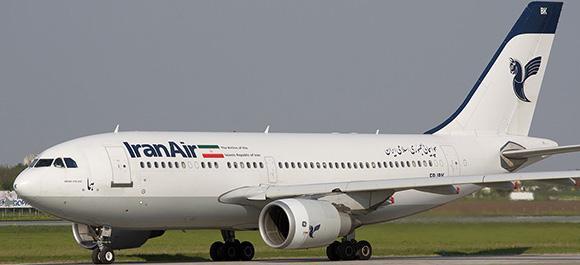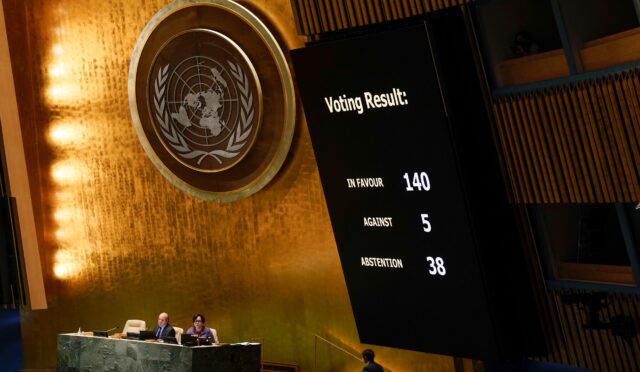Lebanon Denies Iranian Flights Amid Security Warnings
Lebanon has denied permission for Iranian flights to land in Beirut on two occasions this week, following warnings from the United States. The warnings indicated that Israel might target these aircraft if they approached the Lebanese capital. According to a Lebanese security source who spoke to AFP, the first denial occurred on Thursday when Iranian authorities were informed that a flight heading to Beirut should not take off.
The Lebanese government received a message through American channels that Israel was serious about its threat to attack the airport should the Iranian plane land. In light of this, Lebanon’s Ministry of Public Works and Transport denied clearance for the flight after consultations with both the Prime Minister and the President. The decision was communicated to Iranian officials prior to the flight’s scheduled departure.
Protests Erupt Following Flight Denial
A second flight was also barred from leaving Iran on Friday, igniting protests in Lebanon from supporters of the Iran-backed Hezbollah group. Demonstrators blocked access to the country’s only international airport in response to the government’s decision. This unrest highlights the tensions in the region and the strong influence of Hezbollah among its supporters.
In a statement on Saturday, Lebanese Prime Minister Nawaf Salam emphasized that the security of Beirut airport is paramount, stating, “The security of Beirut airport takes precedence over any other consideration.” He further stressed that the safety of travelers and Lebanese citizens is a priority that the government will not compromise.
Ongoing Tensions and Allegations
The backdrop to these developments includes accusations from Israel against Hezbollah, alleging that the group utilizes Beirut airport to smuggle weapons from Iran. Both Hezbollah and Lebanese officials have categorically denied these claims, maintaining that such allegations are unfounded.
Since November 27, a fragile ceasefire has been in place in Lebanon following more than a year of escalating hostilities and two months of open conflict between Israel and Hezbollah. The situation remains precarious, with regional tensions influencing both domestic politics and international relations.







